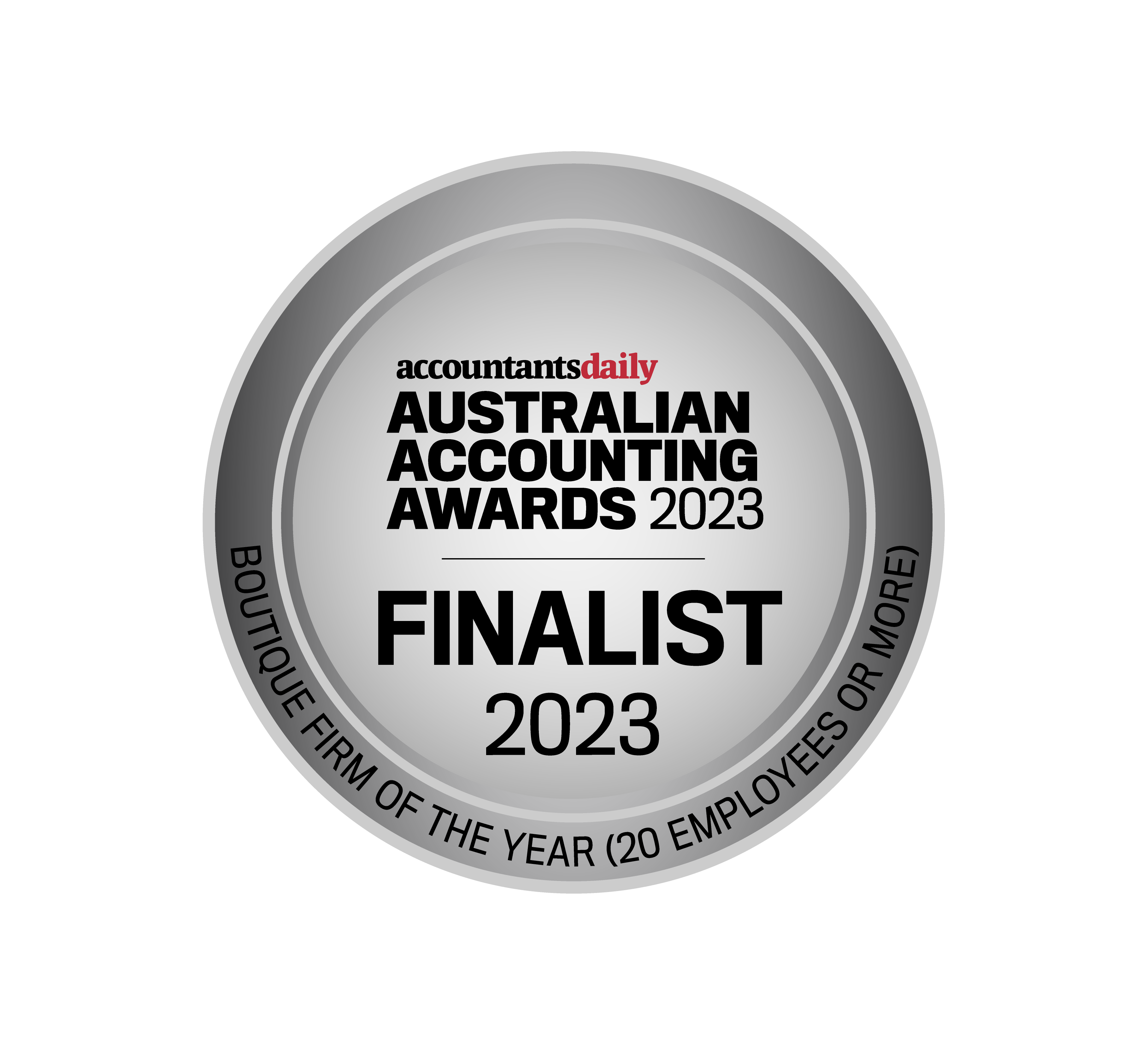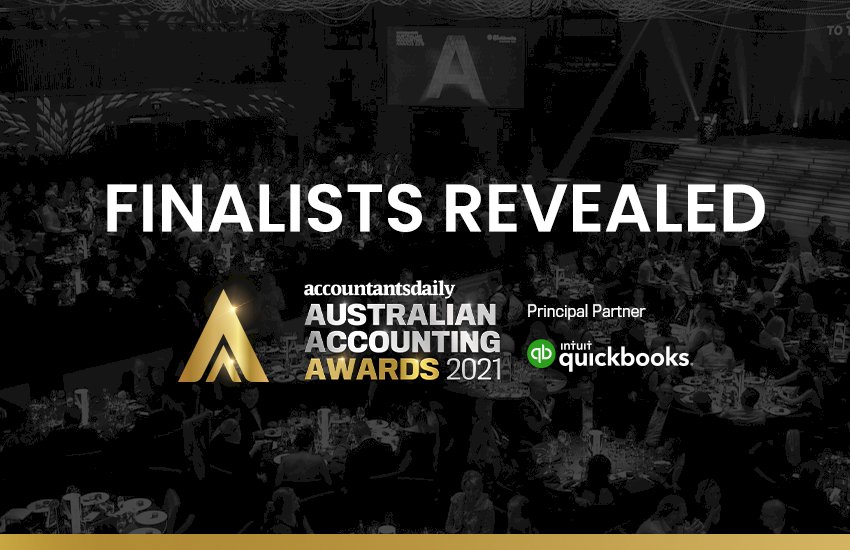Accounting can be an intimidating and hard-to-understand industry if you’re not involved in it. Like many specialised fields, there are plenty of terms that can confuse those looking to seek financial advice, and this can make it challenging to find the solution best for you.
We thought it would be helpful to explain some of common accounting terms, making it easier to decipher what your accountant is talking about, and giving you greater insight into the accounting process as a whole.
Accounting: The method of recording, reporting and analysing the financial transactions of a business. Accounting not only shows the ongoing financial activity of your business, but is also a powerful tool for deciding on future transactions and investments for company growth.
Accounting period: The period of time where a company’s finances are tracked and reported. Typically this is monthly or annually, but it can be shorter such as weekly or even daily if necessary.
Assets: Everything that is owned by the company with a cash value. Buildings, land, equipment and vehicles, and cash itself are all examples, as is any debt owed to the business.
Audit: A financial inspection carried out to make sure that all financial statements are accurate, true and representative of a company’s transactions. An audit can reveal financial fraud, and can be used to examine whether a person has done their taxes correctly.
Balance sheet: A statement prepared at the end of a company’s financial year. A balance sheet shows the company’s financial condition by summarising the assets, liabilities and equity of the company at a given time.
Bookkeeping: Accurate recording of financial activity of a business on a regular basis.
Capital: The money invested into a business.
Cash flow: The amount of money coming into and going out of the business. Includes income generated through your business – sales, for example – as well as expenses such as loan payments. A positive cash flow (where income is higher than outgoings) is important for the long term health of any business, and an accountant will help to guide your company so it earns a steady, positive cash flow during each accounting period.
Creditor: A company or individual who are owed money by one or more debtors. If an entity provided you with a loan to start your business, they are your creditor, while you are the debtor who owes the money back.
Debtor: Someone who owes money to the company. Can be a single customer, another company or as a result of legal action. You will become a debtor if you owe money (see Creditor).
Depreciation: The loss of value of an asset over time. Equipment and vehicles are good examples of assets whose value reduces with use, age or relevance.
Dividends: The distribution of profits made by a limited company to its shareholders.
Equity: The money invested into a business by individuals or by shareholders.
Expenses: Costs associated with running a business. These can be one off or regular, ongoing payments. Examples are: payments to banks, payment of wages, utility bills, rent, insurance etc.
Financial statements: Documents and reports made by the accountant which details different aspects of a company’s financial status.
General ledger: The hub where all financial transactions and accounts are recorded throughout the lifetime of a company.
Gross margin: The percentage difference between the cost and selling price of a product or service.
Income statement: A financial report which details the total revenues and expenses of a company in a certain accounting period.
Liabilities: The money owed by a company, including debts and loans as well as the expenses generated as the business operates.
Turnover: The total income of a company over a certain period of time.
These are just a few of the basic accounting terms you’re likely to run into when discussing finances with your accountant. There are many more terms you won’t be familiar with, but your accountant is there to help you, so if you’re unsure about certain phrases or processes, make sure to ask your accountant to clarify. It’s always important to be as clear as possible when it comes to your finances.
Propel Business Group are dedicated to helping you and your company find a healthy, stable footing in the world of finance. Our friendly and experienced team are on hand to provide dedicated advice, and will work to make sure you know exactly what’s happening with your finances at any time.
To find out more about our services, don’t hesitate to get in touch with us today.
How can we help?
Fields marked with an * are required
"*" indicates required fields

Our Locations
Stirling
Suite 6, 36 Cedric Street
Stirling WA 6021 (08) 9440 7100
businessgrowth@propelbg.com.au
South Perth
Suite 50, 15 Labouchere Road
South Perth WA 6151 (08) 9474 3355
businessgrowth@propelbg.com.au
Karratha
Unit 4 / 16 Hedland Place
Karratha WA 6714 (08) 9144 1066
businessgrowth@propelbg.com.au



